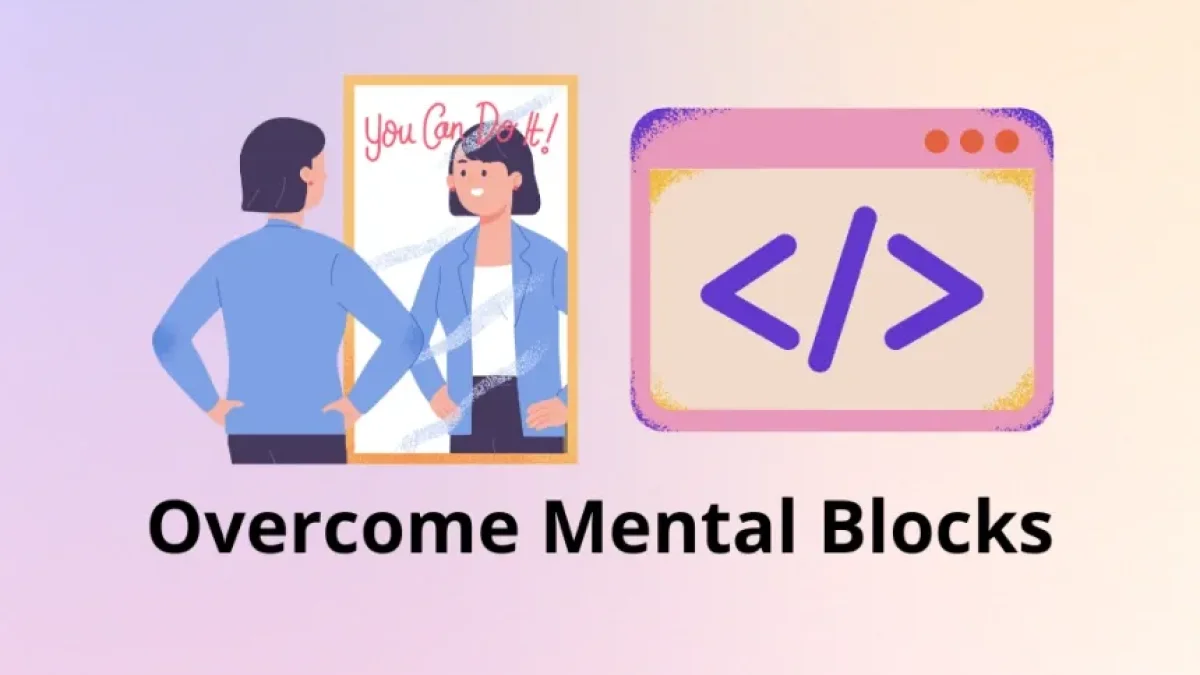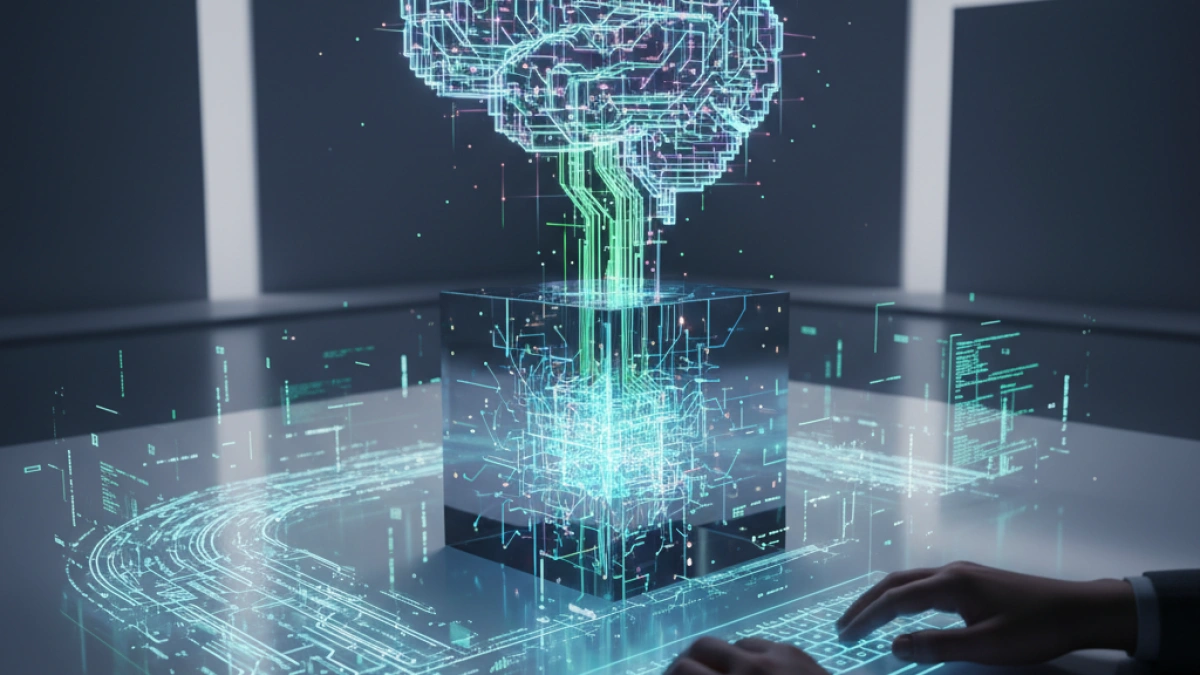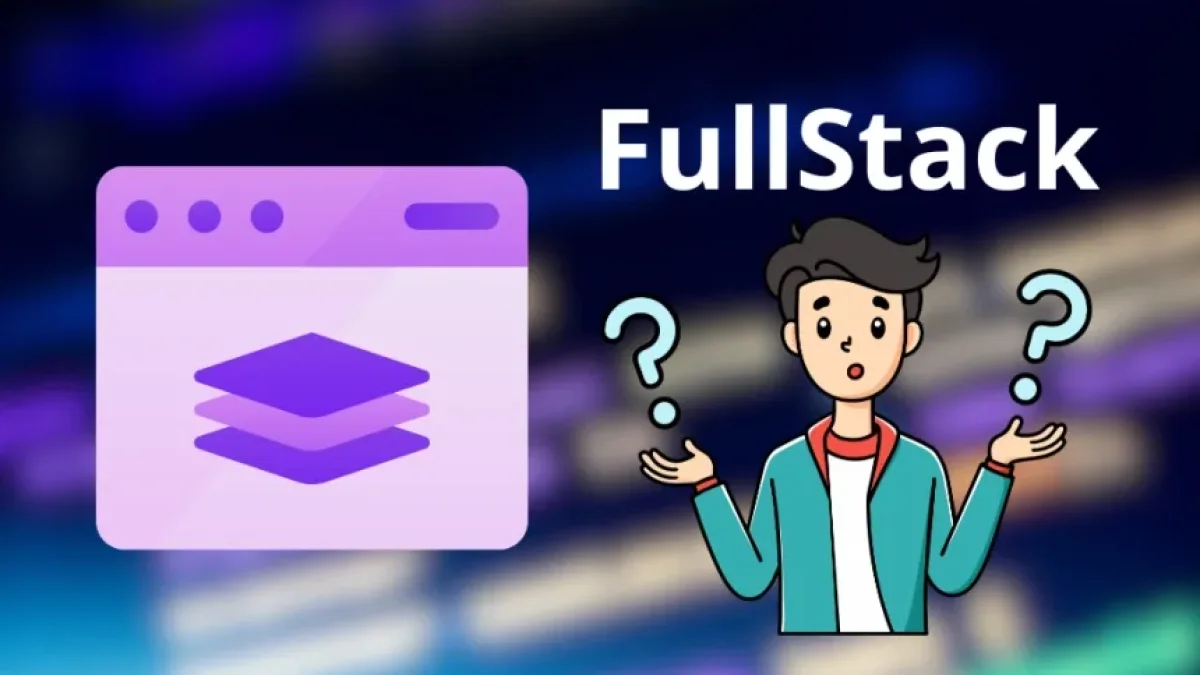How to Overcome Mental Blocks When Learning Programming


Learning to program can be an exciting yet overwhelming challenge. Many students, both beginners and advanced, experience mental blocks during their learning process. These blocks can manifest as frustration, discouragement, and the feeling that one is not good enough. In this article, we will explore various strategies and tips to overcome these blocks and turn learning programming into a more manageable and rewarding experience.
What is a Mental Block in Programming?
A mental block is a condition in which a person feels unable to advance in a task due to anxiety, frustration, or discouragement. In the context of programming, this can occur when one faces complex concepts, persistent coding errors, or feels overwhelmed by the amount of information one needs to process.
Symptoms of Mental Blocks
The symptoms of mental blocks can vary from person to person, but some of the most common include:
- Difficulty concentrating: The mind tends to wander, making it hard to focus on the code.
- Confusion: One may feel lost in their learning process, not knowing where to start.
- Frustration: Tasks that once seemed easy now appear as insurmountable obstacles.
- Procrastination: Putting programming on the back burner and avoiding confronting problems can be a sign of a mental block.
Strategies for Overcoming Mental Blocks
1. Divide and Conquer
A common mistake that programming learners make is trying to tackle all the content at once. The best way to overcome this is to break problems down into smaller, more manageable parts.
Read also
Example: If you are trying to learn a new programming language, start with the basics, such as variables, control structures, and functions. Once you’ve mastered these concepts, gradually move on to more complicated topics.
2. Take Breaks
Mental fatigue can increase the feeling of blockage. Make sure to incorporate regular breaks into your study routine. The Pomodoro technique, which involves studying for 25 minutes and then taking a 5-minute break, can be effective for enhancing concentration.
3. Change Your Focus
Sometimes, a simple change of perspective can help unlock your mind. If you’ve been practicing with theoretical problems, try working on a practical project that excites you. This will not only provide you with a tangible goal but also make the learning process more enjoyable.
4. Seek Help
Don’t hesitate to seek help when you feel stuck. There are numerous online communities where you can ask questions and receive guidance. Platforms like Stack Overflow, Reddit, and programming forums are excellent resources for connecting with other programmers who can offer helpful advice.
5. Learn from Your Mistakes
Learning programming is filled with errors. Instead of viewing mistakes as failures, consider each one an opportunity to learn. Take the time to understand why the error occurred and how to avoid it in the future.
6. Maintain a Positive Attitude
The attitude you adopt toward learning is crucial. Shifting your mindset to a more positive one can make a difference. Remind yourself that it’s normal to have difficulties and that consistent practice is what leads to improvement.
Useful Tools and Resources
Learning Platforms
- Codecademy: Offers interactive courses that can help you practice programming in a structured way.
- freeCodeCamp: Provides a free curriculum covering both basic and advanced programming aspects, with hands-on projects.
Online Communities
- Stack Overflow: A question-and-answer platform for programmers of all levels.
- Reddit: Subreddits like r/learnprogramming are helpful for connecting with other learners and receiving advice.
Recommended Books
- "Eloquent JavaScript" by Marijn Haverbeke: An excellent resource for those wishing to learn JavaScript effectively.
- "Python Crash Course" by Eric Matthes: Perfect for beginners looking to learn Python quickly and effectively.
Conclusion
Mental blocks when learning programming are a common experience but not insurmountable. With the right strategies, a positive mindset, and a methodical approach, you can transform moments of frustration into learning opportunities. Remember, every programmer has gone through this at some point, and what matters is to keep moving forward, adjust your approach, and not hesitate to seek help. Programming is a path of continuous learning, and every step you take brings you closer to becoming an expert!
Remember to apply these strategies and resources in your learning process, and you will see how gradually the mental block becomes a thing of the past. Good luck on your journey to becoming a great programmer!



















